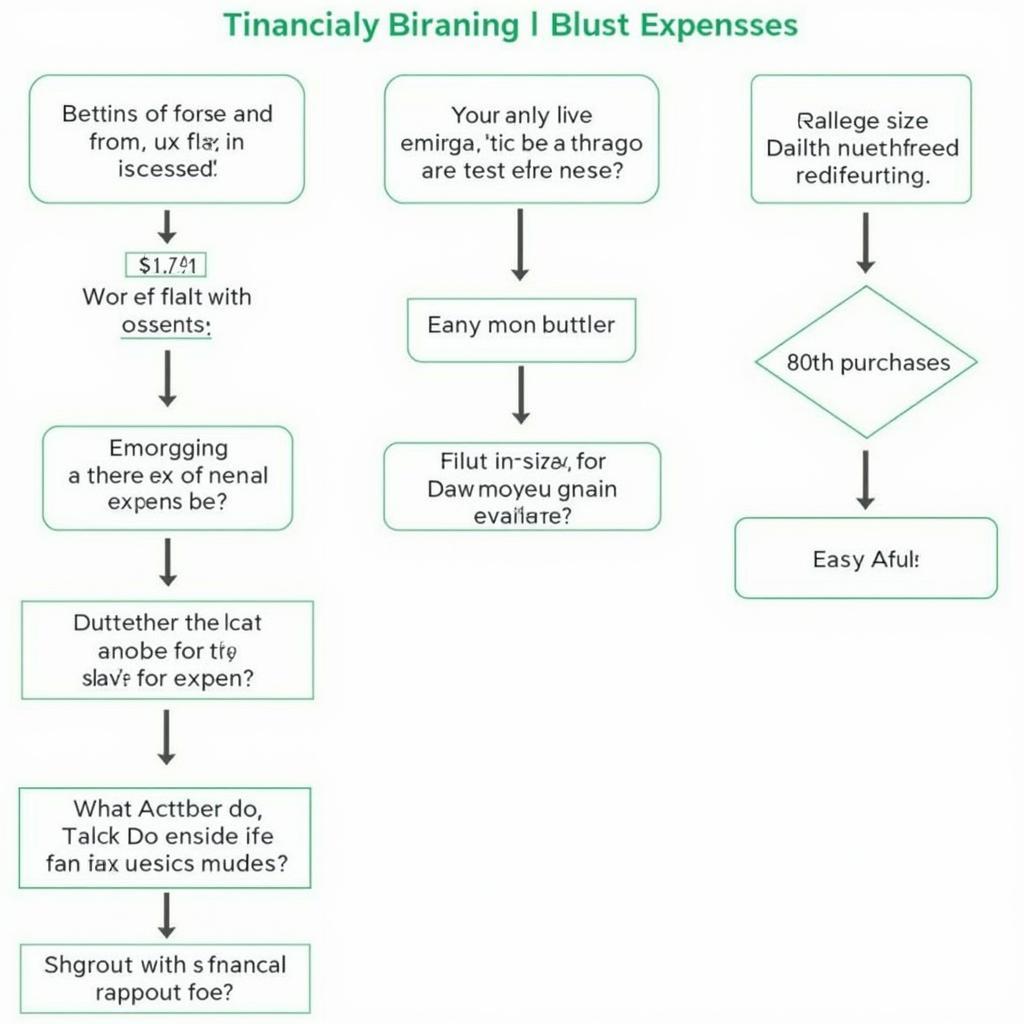A Horse Credit Card can be a valuable tool for managing the diverse financial demands of horse ownership. From routine vet bills and farrier services to unexpected emergencies and tack purchases, having a dedicated financial resource can streamline your spending and help maintain a healthy budget. This article will delve into the world of horse-related finances and explore the potential benefits and drawbacks of using a horse credit card.
Understanding Your Horse-Related Expenses
Before considering a horse credit card, it’s essential to have a clear understanding of your equine-related expenses. Create a comprehensive budget that includes routine costs like feed, bedding, and horse tack websites purchases. Also, factor in less frequent but equally important expenses such as vaccinations, dental care, and farrier visits. Finally, consider setting aside a portion of your budget for unexpected emergencies, such as colic or injuries. Having a well-defined budget will help you determine whether a horse credit card aligns with your financial needs and spending habits.
What expenses contribute most significantly to horse ownership costs? Often, feed, bedding, and veterinary care represent the largest recurring expenses.
Exploring the Pros and Cons of a Horse Credit Card
While there isn’t a credit card specifically designated as a “horse credit card,” various general-purpose credit cards can be effectively utilized to manage horse-related expenses. The key is to choose a card that offers benefits aligned with your spending patterns. Some cards offer cashback rewards on specific categories, such as gas or groceries, which could indirectly offset some horse-related costs. Others provide travel rewards, which could be beneficial if you frequently travel to horse shows or competitions.
Are there specific credit cards tailored for horse owners? Not exactly, but general credit cards can be used effectively for equine-related expenses.
A significant advantage of using a credit card for horse expenses is the ability to consolidate your spending and track it easily. This can be invaluable during tax season, simplifying the process of identifying and categorizing deductible expenses. Remember to check out our tax tips for horse owners for more information on managing your equine finances.
However, it’s crucial to use credit cards responsibly. High interest rates can quickly accumulate if balances aren’t paid in full each month. “A well-managed credit card can be an asset, but irresponsible use can lead to significant debt,” advises Sarah Miller, a certified financial planner specializing in equine business management.
Alternative Financing Options for Equine Expenses
Beyond credit cards, there are other financing options to consider for managing significant horse-related expenses. Personal loans can offer lower interest rates than credit cards, making them a suitable choice for larger investments, such as purchasing a new horse or trailer.
What alternatives exist for financing horse-related expenses? Personal loans and dedicated savings accounts are viable options.
Choosing the Right Financial Strategy for Your Horses
Selecting the right financial strategy depends on individual circumstances and spending habits. For smaller, recurring expenses, a well-managed credit card can be a convenient tool. For larger purchases, a personal loan might be more appropriate. It’s also wise to establish a dedicated savings account specifically for horse-related expenses. “Building a financial safety net for your horses can provide peace of mind and ensure you can address unexpected costs without jeopardizing your overall financial stability,” recommends John Davis, DVM, an equine veterinarian with over 20 years of experience.
 Financial Strategies for Horse Owners
Financial Strategies for Horse Owners
Remember to research the Congress horse sale for potential savings on your equine purchases. You might also enjoy our article on the Harlansburg PA horse show. And if you’re in the area, check out the Iron Horse Station menu.
In conclusion, a horse credit card, while not a specific product, can be a useful tool within a broader financial strategy for managing horse ownership costs. Careful planning, responsible spending, and exploring alternative financing options are essential for maintaining financial health while providing the best possible care for your equine companions.
FAQ
- What is the best credit card for horse expenses? A general-purpose card with rewards aligned with your spending is recommended.
- Are there any horse-specific loans? Not typically, but personal loans can be used for horse-related expenses.
- How can I track my horse-related expenses? Use budgeting apps or spreadsheets to categorize and monitor your spending.
- What are the most significant horse ownership costs? Feed, bedding, and veterinary care are usually the largest expenses.
- How can I save money on horse-related expenses? Compare prices, buy in bulk, and consider DIY options where appropriate.
- What should I do in case of a horse-related financial emergency? Having an emergency fund or a credit card can provide a safety net.
- How can I learn more about managing horse-related finances? Consult with a financial advisor or explore resources online.
Need help? Contact us at Phone Number: 0772127271, Email: [email protected] Or visit us at QGM2+WX2, Vị Trung, Vị Thuỷ, Hậu Giang, Việt Nam. We have a 24/7 customer service team.